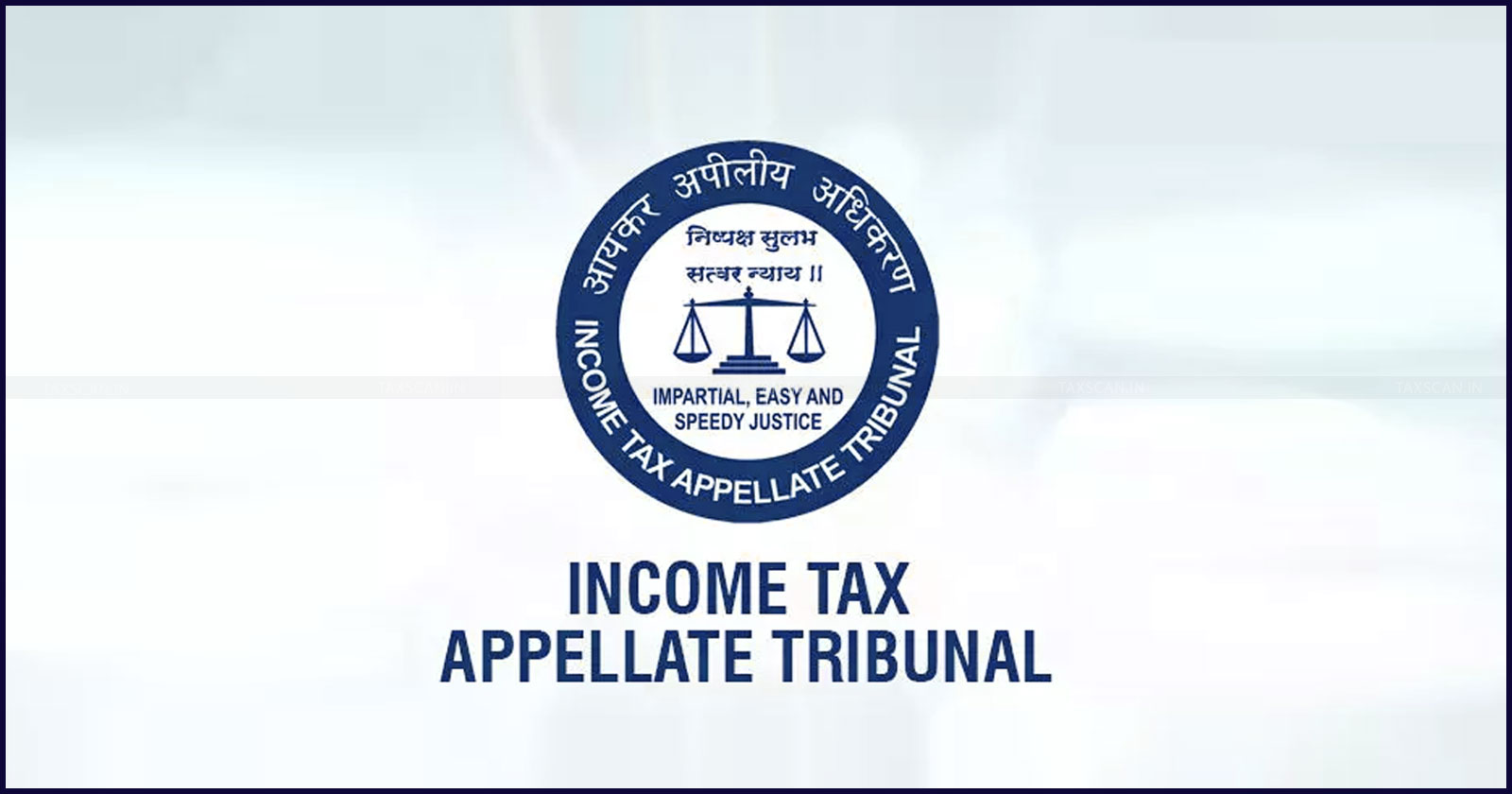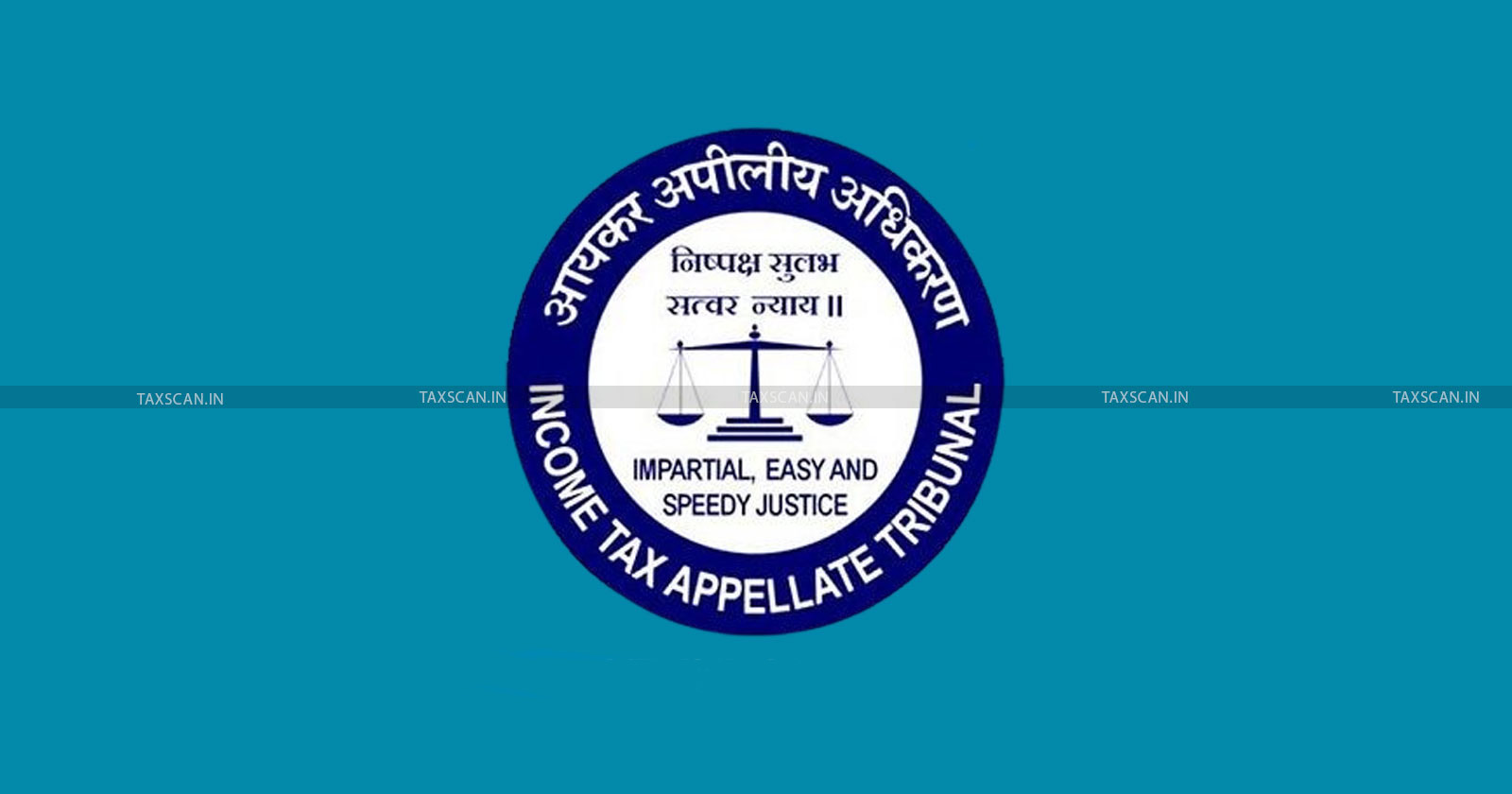Mere Inactivity at Time of Application No Ground to Deny 12AB Registration If Proposed Activities Match Trust’s Objectives: ITAT [Read Order]
It held that proposed activities are sufficient for the purposes of initial registration under Section 12AB, especially when the trust has not undertaken any contrary activities and its stated objectives remain unchallenged
![Mere Inactivity at Time of Application No Ground to Deny 12AB Registration If Proposed Activities Match Trust’s Objectives: ITAT [Read Order] Mere Inactivity at Time of Application No Ground to Deny 12AB Registration If Proposed Activities Match Trust’s Objectives: ITAT [Read Order]](https://images.taxscan.in/h-upload/2025/06/08/2041704-mere-inactivity-time-of-application-deny-12ab-registration-proposed-activities-trusts-objectives-itat-taxscan.webp)
The Income Tax Appellate Tribunal ( ITAT ), Hyderabad Bench, has ruled that the absence of ongoing charitable activities at the time of applying for registration under Section 12AB of the Income Tax Act, 1961, cannot be the sole ground for denial provided the trust’s proposed activities align with its stated charitable objectives.
The appellant, Ujwal Foundation, a Hyderabad-based trust that had applied for registration under Section 12AB and approval under Section 80G of the Income tax Act. While the Commissioner of Income Tax (Exemption) [CIT(E)] acknowledged that the trust’s objects were charitable in nature, the application was rejected solely on the ground that the trust had not commenced any substantial charitable activities by the time of the application. The CIT (E) concluded that the non-initiation of charitable activity amounted to a failure to meet the conditions laid down under Sections 11 and 12.
 Also Read:Unverified Third-Party Pen Drive Data Cannot Justify Income Tax Addition Without Confronting Taxpayer: ITAT [Read Order]
Also Read:Unverified Third-Party Pen Drive Data Cannot Justify Income Tax Addition Without Confronting Taxpayer: ITAT [Read Order]
The assessee contended that since registration under Section 12AB precedes the actual conduct of activities, the law contemplates evaluation of proposed rather than completed activities. The counsel for the assessee cited the Supreme Court’s ruling in Ananda Social and Educational Trust, wherein it was held that the term “activities” under Section 12AA includes proposed activities, and that the Commissioner is required to examine whether the trust’s objectives are genuinely charitable and whether its planned activities align with those objectives.
Accepting the assessee’s argument, the Tribunal found that the CIT(E) had rejected the registration mechanically, without examining the trust’s intent, proposed activities, or the genuineness of its operations.
 Also Read:Commercial Decisions Must Be Judged from Taxpayer’s Perspective, Not the Income Tax Department: ITAT [Read Order]
Also Read:Commercial Decisions Must Be Judged from Taxpayer’s Perspective, Not the Income Tax Department: ITAT [Read Order]
It held that proposed activities are sufficient for the purposes of initial registration under Section 12AB, especially when the trust has not undertaken any contrary activities and its stated objectives remain unchallenged.
The bench of Vijay Pal Rao, Vice President and Manjunatha G ( Accountant member) also noted that the trust had incurred basic administrative expenses, which, though minimal, were not inconsistent with a charitable purpose. Furthermore, it was submitted that charitable activities had indeed commenced in the following financial year, further validating the trust’s intent.
It observed that “If the activities are yet to be commenced, then it cannot be the case of the activities are not genuine. If the proposed activities of the assessee trust are to achieve its objects, which are accepted as charitable in nature, then non- commencement of the activities at the time of filing the application or at the time of passing the order for grant of registration u/s 12AB cannot be a sole reason for denial of registration without considering the proposed activities of the assessee.”
HUF Taxation Simplified – Are You Managing Your Family’s Wealth the Right Way? Click here
The Tribunal directed the authority to evaluate the proposed actions in the context of the trust's goals and to follow the Supreme Court's established principles while remanding the case for further consideration and overturning the CIT(E)'s directives. Based on the same logic, the associated Section 80G refusal of approval was likewise remanded.
 Also Read:Disallowance of Exempt Allowances Due to Form 16 and Form 26AS Mismatch: ITAT Remits Matter to AO for Verification [Read Order]
Also Read:Disallowance of Exempt Allowances Due to Form 16 and Form 26AS Mismatch: ITAT Remits Matter to AO for Verification [Read Order]
Support our journalism by subscribing to Taxscan premium. Follow us on Telegram for quick updates



